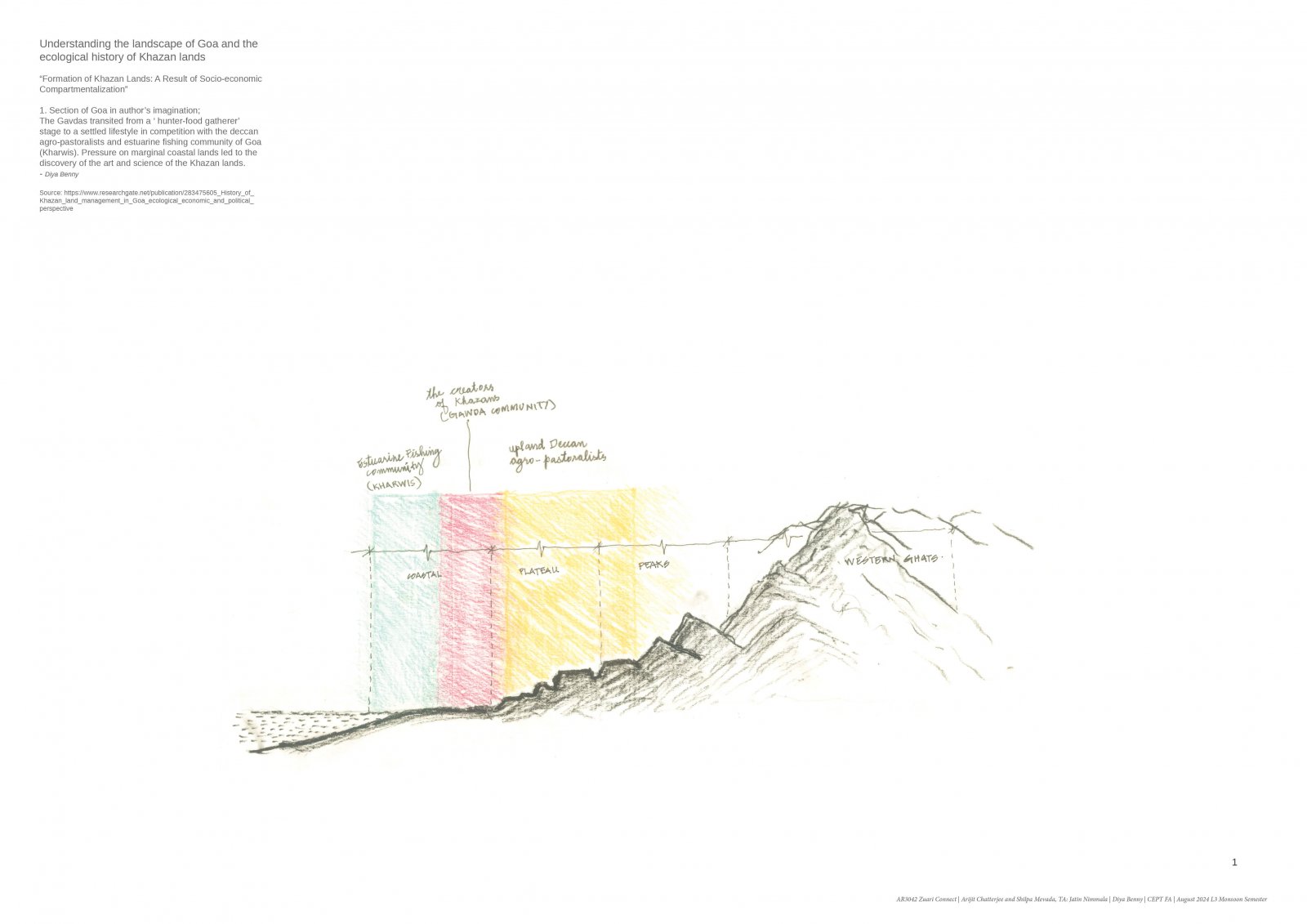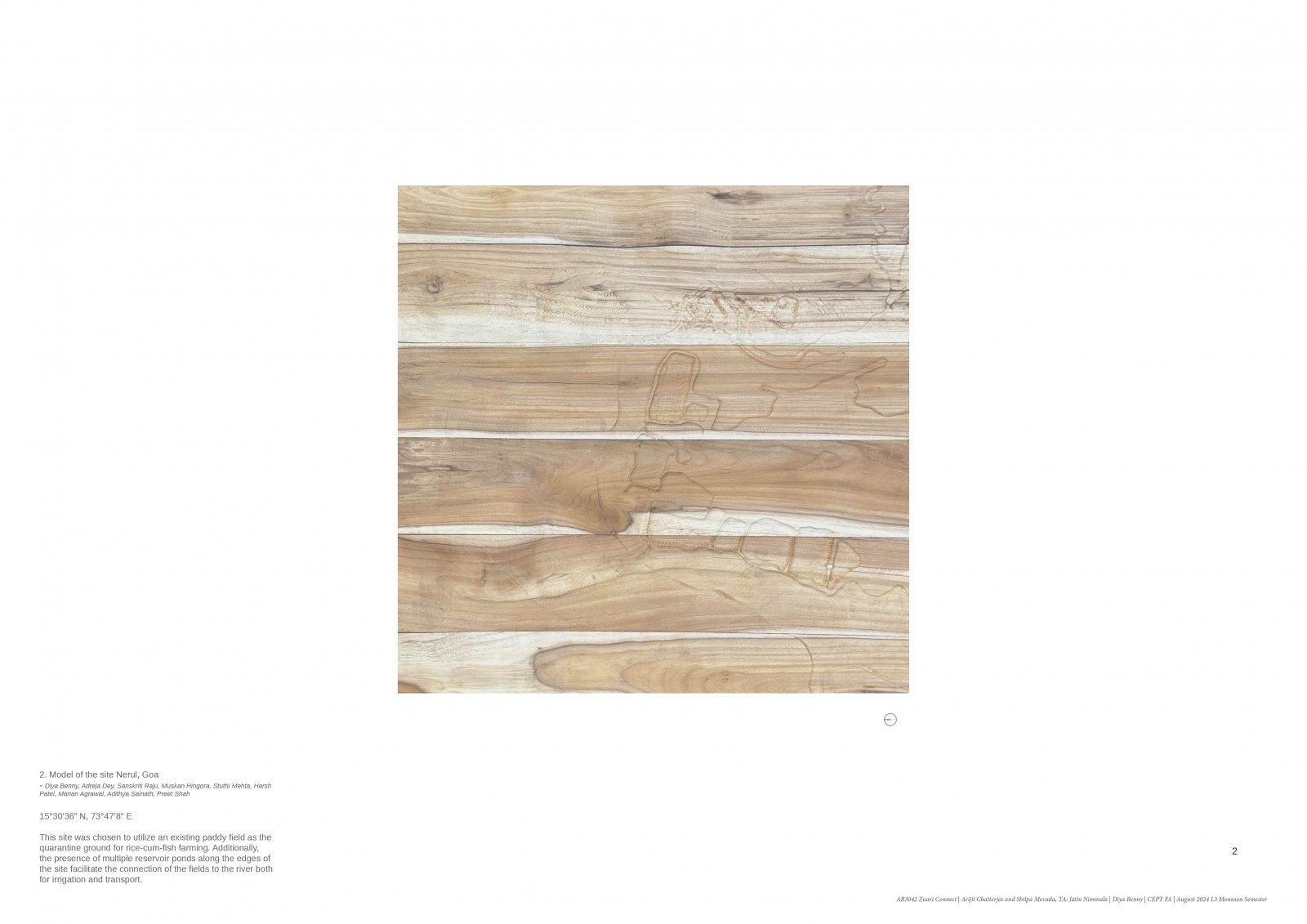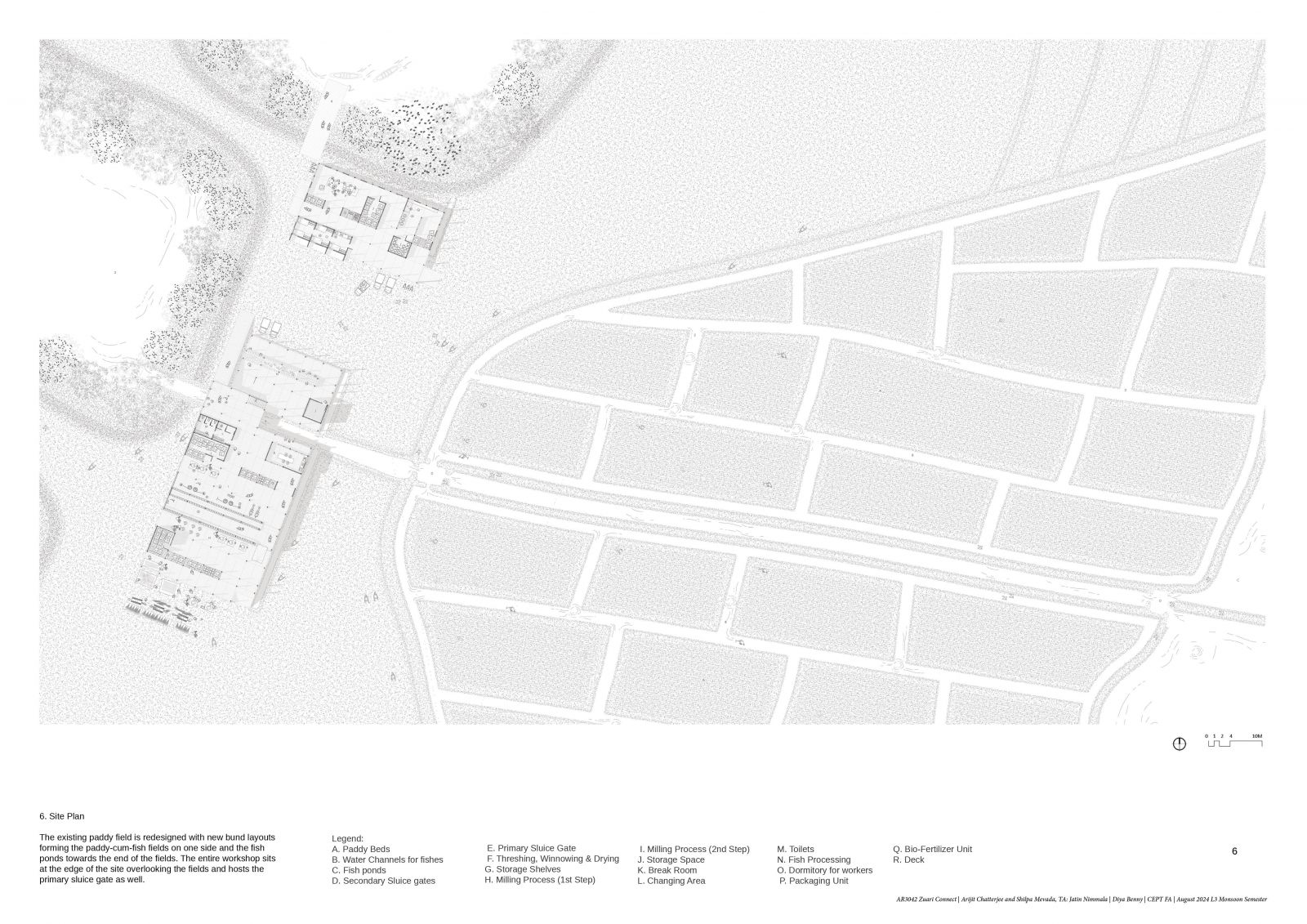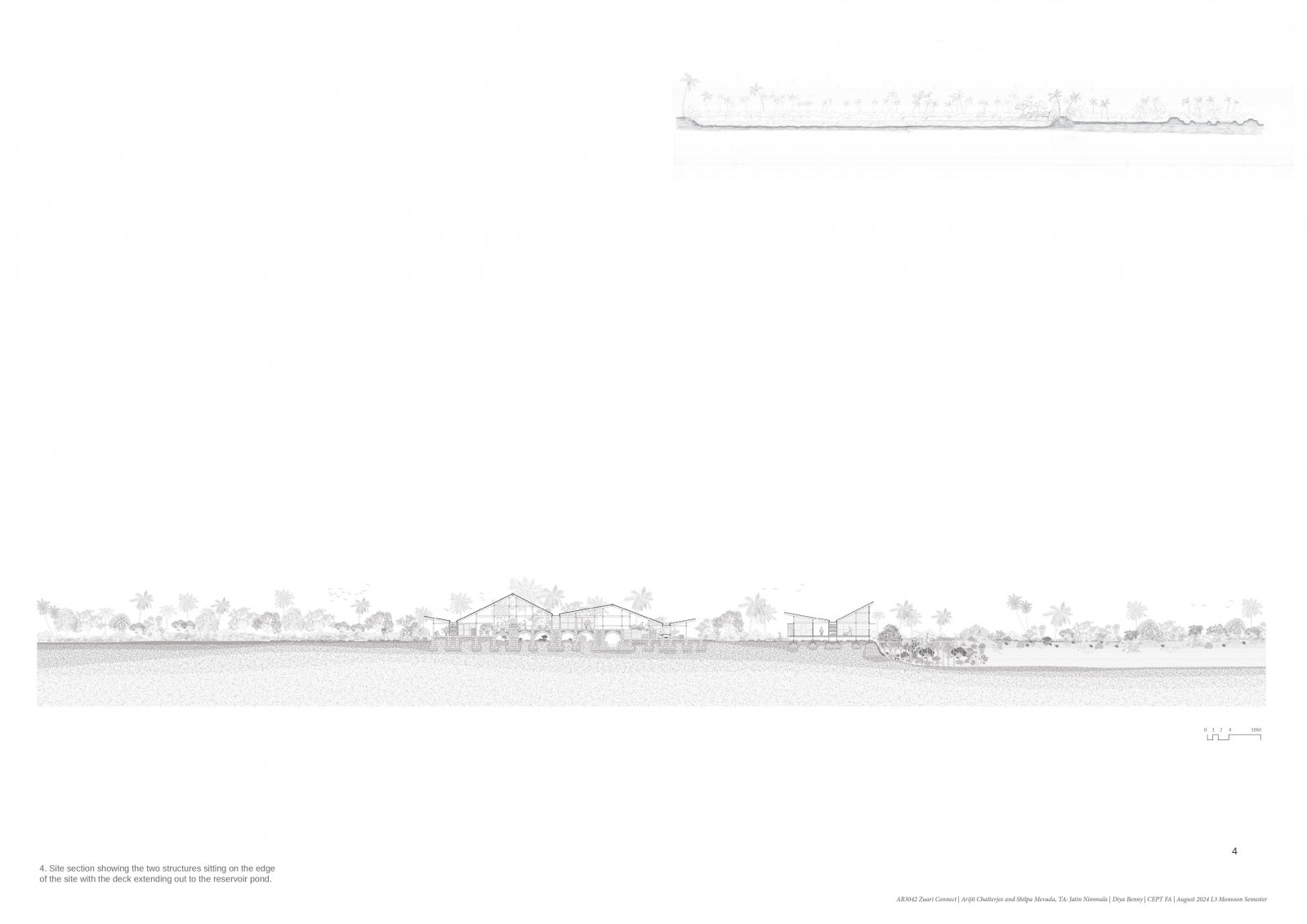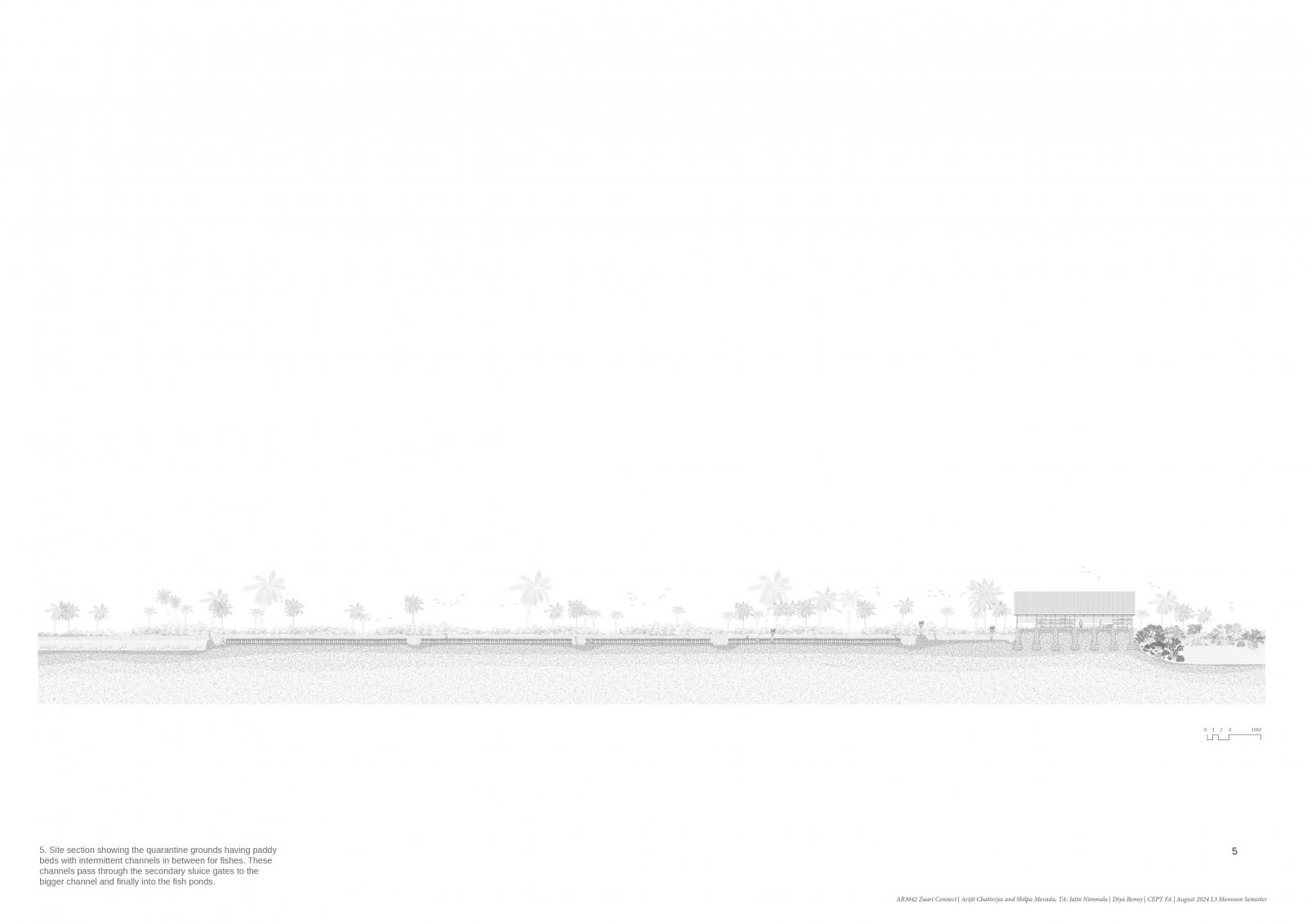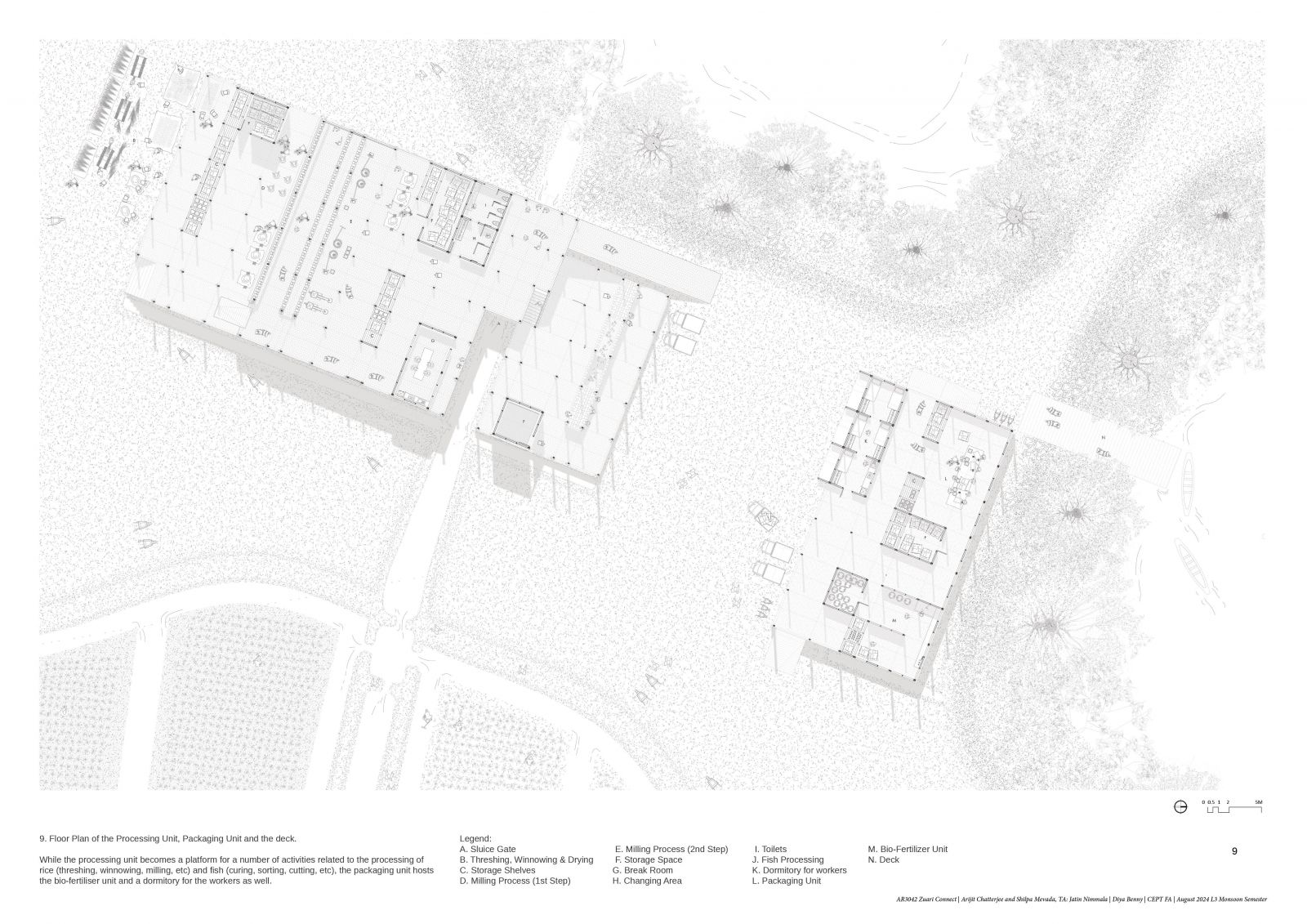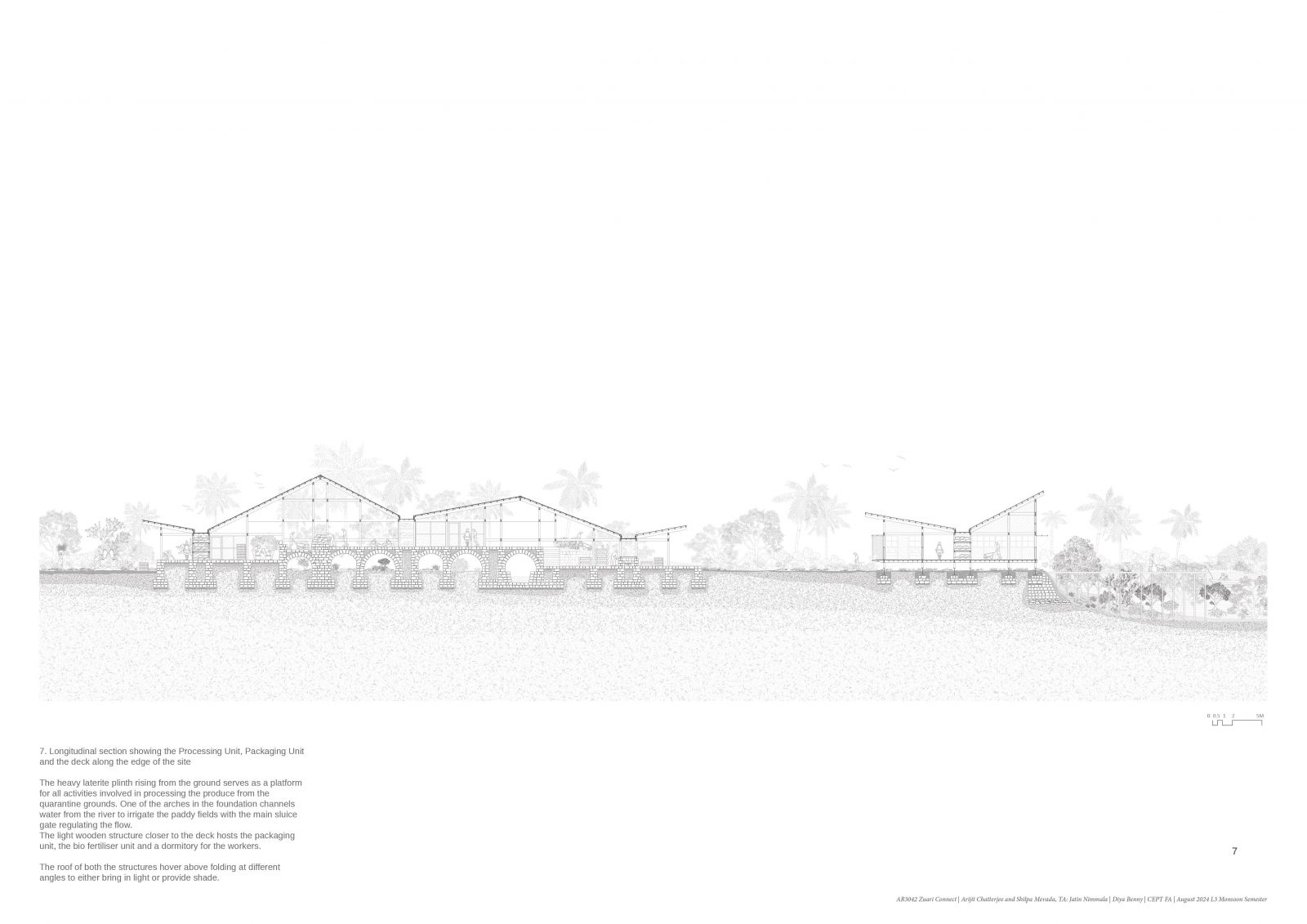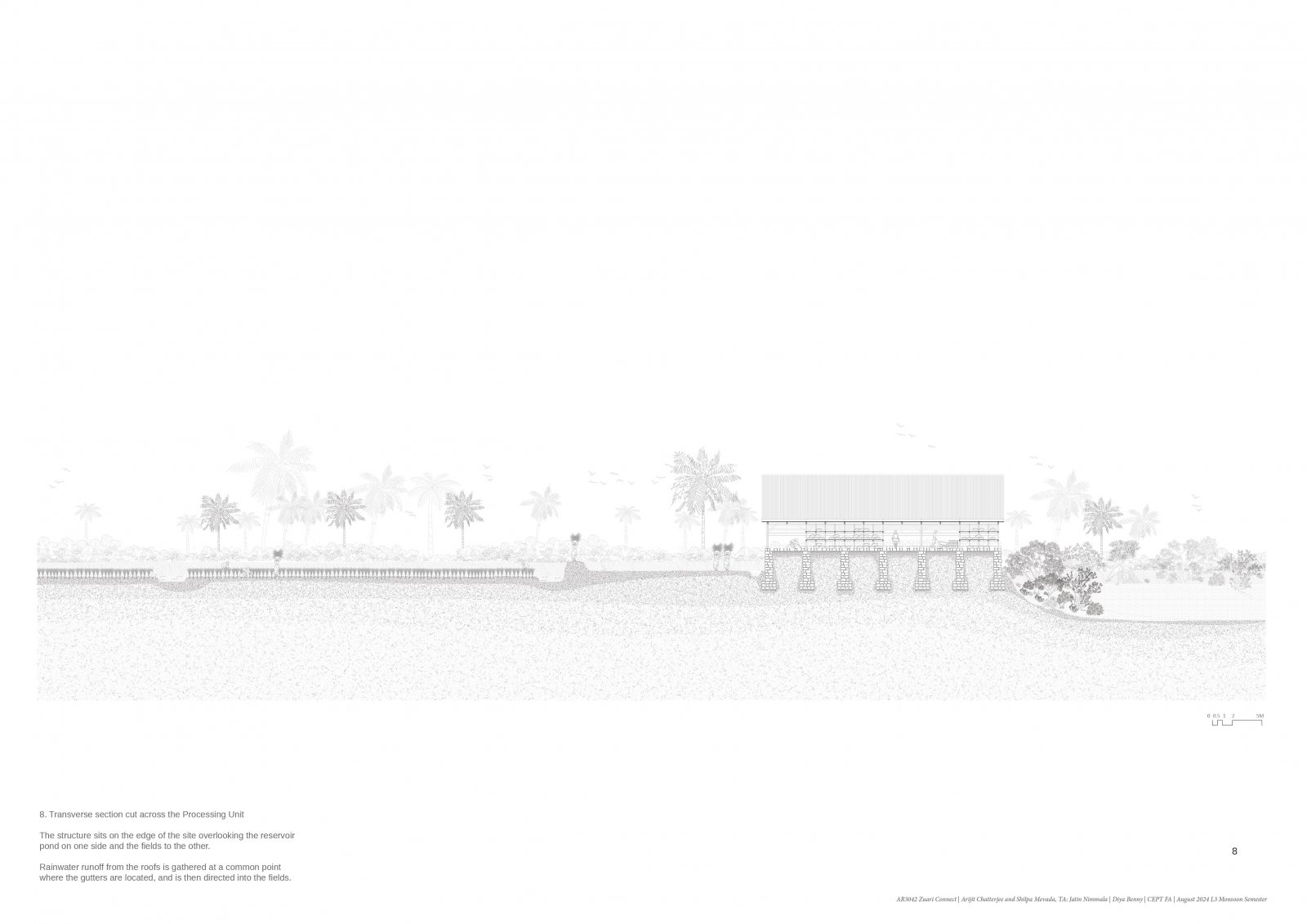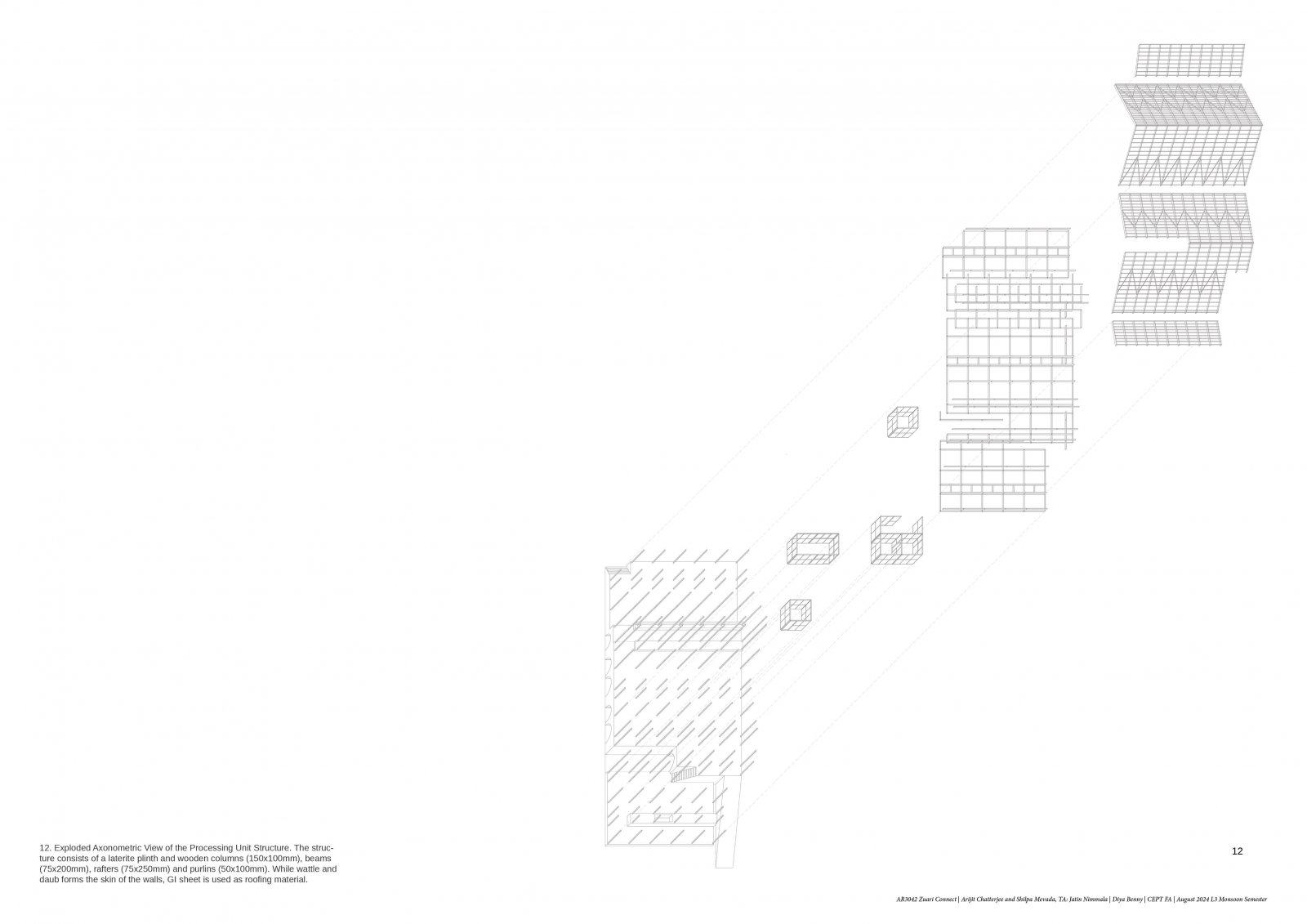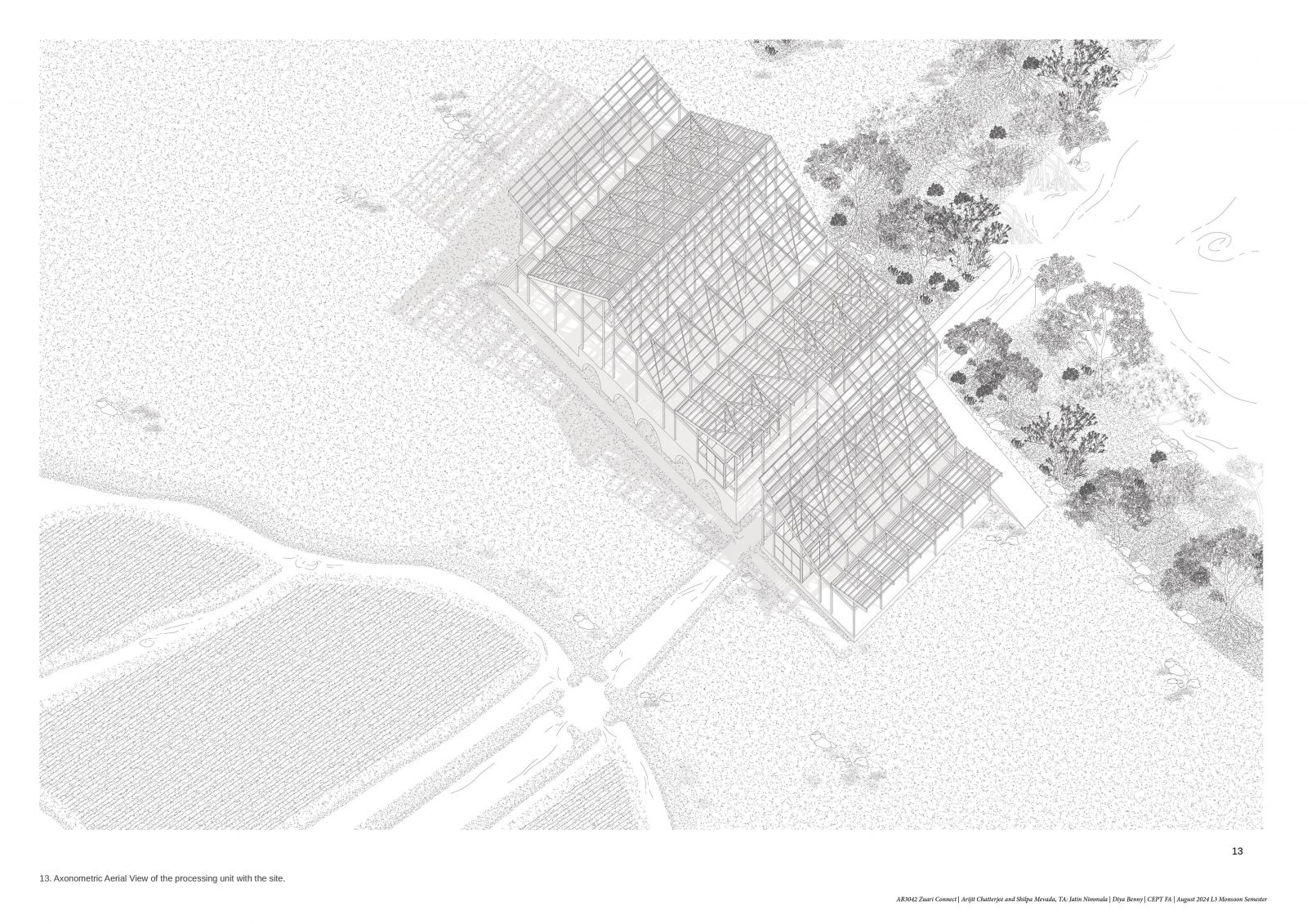Your browser is out-of-date!
For a richer surfing experience on our website, please update your browser. Update my browser now!
For a richer surfing experience on our website, please update your browser. Update my browser now!
Khazan lands were historically reclaimed for agricultural purposes, with fishing initially serving as a by-product of the system. Over time, however, fishing became the primary activity, leading to the transformation of most farmlands into fishing ponds. This shift occurred mainly due to two factors:
(i) the greater economic viability of fishing, and
(ii) the increased salinity of the land caused by intensive fishing, which rendered it unsuitable for paddy cultivation.
The program introduces a quarantine ground where an experiment of rice-fish aquaculture is conducted. The aim is to revive the cultivation of paddy in Khazans and to reduce the salinity of the land to its original levels. These areas are expected to evolve into a larger ecosystem that supports various symbiotic relationships (between microorganisms in the fields, fishes, pests, ducks and paddy), replenishing the soil and consequently ensuring better yields in terms of quantity and quality.
The intervention includes a workshop equipped with a processing unit to handle the produce from the quarantine grounds and a packaging unit to prepare it for market distribution. A deck extending from the workshop serves as a harbor for receiving small barges. These barges facilitate the transportation of packaged produce, and also carry surplus market produce to a bio-fertilizer unit. In this way, the produce from the quarantine grounds are returned back to the land as bio-fertilizer, completing the cycle.
